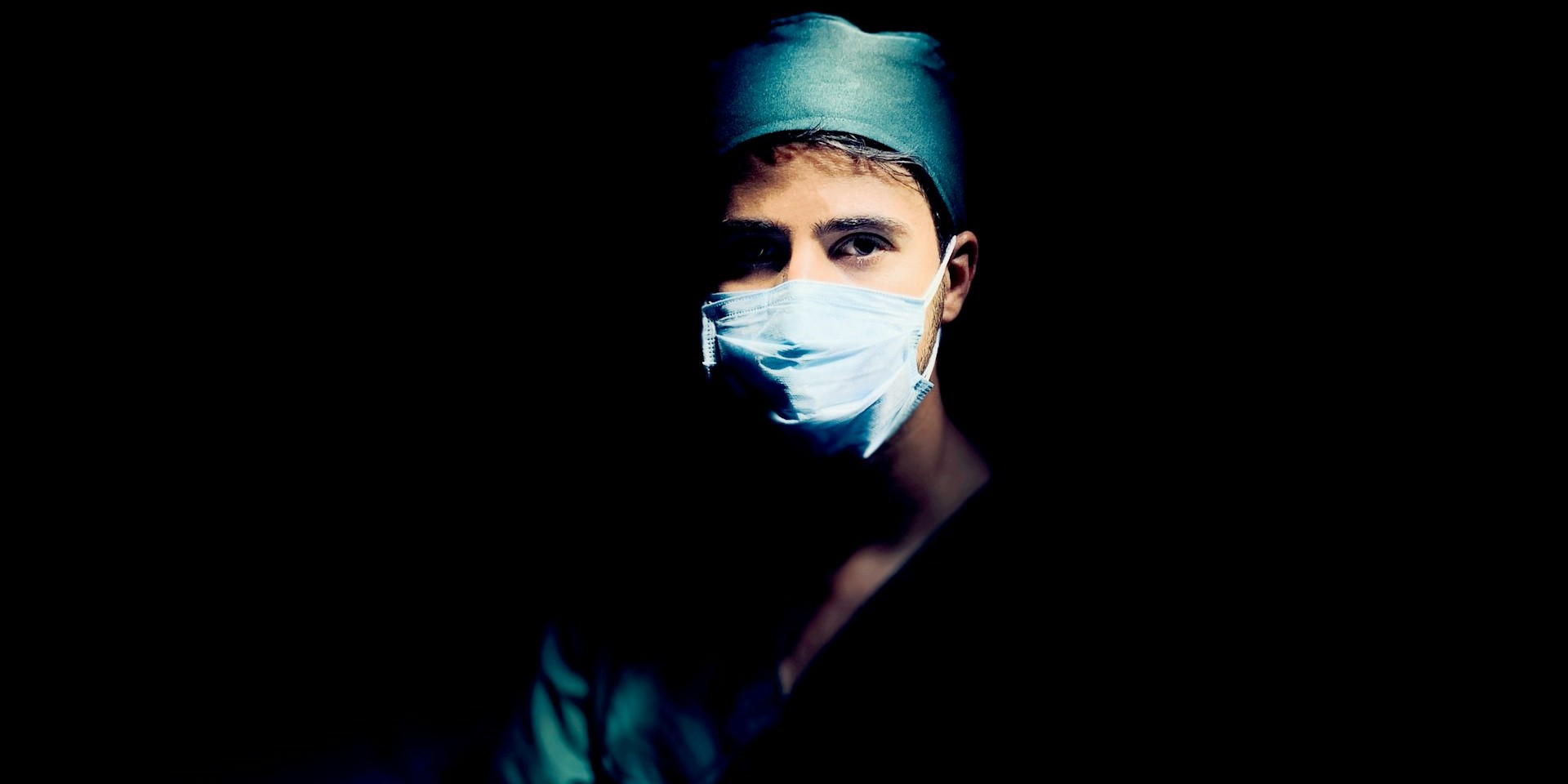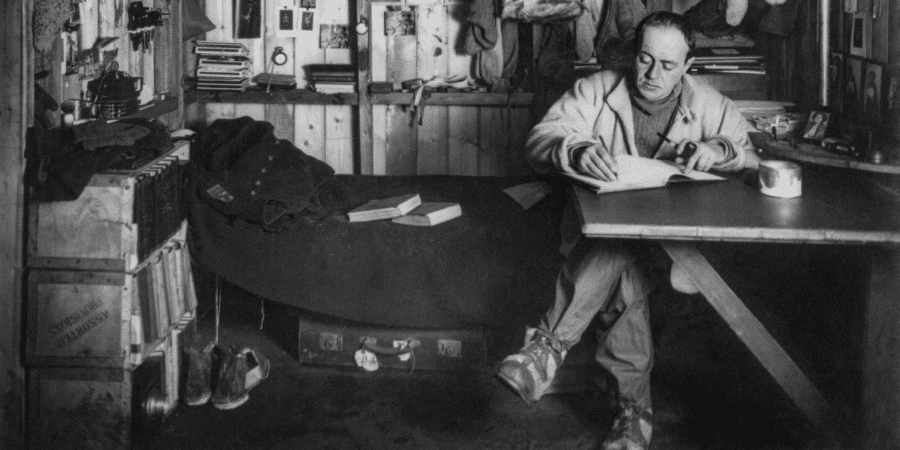Portraying medical professionals on screen requires actors to embody the expertise, compassion, and dedication of healthcare professionals. Whether playing doctors, nurses, or other medical personnel, preparing for medical roles involves understanding medical terminology, mastering procedural techniques, and capturing the essence of the healthcare profession. In this article, we explore the steps actors can take to prepare for medical roles and deliver authentic and compelling performances.
Understanding the Medical Profession
The first step in preparing for medical roles is gaining a fundamental understanding of the medical profession. This involves familiarizing oneself with medical terminology, procedures, and protocols commonly used in healthcare settings. Actors should research the roles and responsibilities of different medical professionals, as well as the challenges and pressures they face in their daily work. By gaining insight into the intricacies of the medical profession, actors can better portray the authenticity and professionalism of healthcare professionals on screen.
Shadowing Medical Professionals
One of the most effective ways for actors to prepare for medical roles is to shadow real-life medical professionals in their work environment. By observing doctors, nurses, and other healthcare workers in action, actors can gain firsthand experience of the dynamics and routines of a medical setting. Shadowing allows actors to witness medical procedures, patient interactions, and teamwork in real time, providing valuable insights that can inform their performances and add authenticity to their portrayals on screen.
Studying Medical Texts and Resources
In addition to practical experience, actors should also engage in diligent study of medical texts, journals, and resources to deepen their understanding of medical concepts and procedures. This may involve reading medical textbooks, watching instructional videos, and consulting online resources to familiarize themselves with medical terminology, anatomy, and pharmacology. By immersing themselves in medical knowledge, actors can speak and act with confidence and authority when portraying medical professionals on screen.
Practicing Medical Procedures
To convincingly portray medical professionals, actors must master the technical aspects of medical procedures commonly performed in healthcare settings. This may include practicing basic skills such as taking vital signs, administering medication, and performing CPR. Actors can work with medical consultants or attend workshops to learn proper techniques and protocols for medical procedures, ensuring that their performances are accurate and realistic.
Embracing the Emotional Side
In addition to mastering the technical aspects of medical roles, actors must also capture the emotional complexity of the healthcare profession. This involves conveying empathy, compassion, and resilience in the face of challenging situations. Actors should explore the emotional toll of working in high-pressure medical environments, as well as the joys and triumphs that come from helping others. By tapping into the emotional side of medical roles, actors can create performances that resonate with audiences on a deep and human level.
Maintaining Physical Fitness
Medical professionals are often required to work long hours in physically demanding environments, so actors should prioritize maintaining their physical fitness when preparing for medical roles. This may involve regular exercise, proper nutrition, and sufficient rest to ensure that actors have the stamina and endurance to portray healthcare professionals realistically on screen. By taking care of their physical health, actors can better embody the vitality and resilience of medical professionals in their performances.
Bringing Depth to the Portrayals
Preparing for medical roles requires actors to immerse themselves in the world of healthcare and master the technical, emotional, and physical aspects of the profession. By understanding the medical profession, shadowing medical professionals, studying medical texts and resources, practicing medical procedures, embracing the emotional side, and maintaining physical fitness, actors can deliver authentic and compelling performances that capture the essence of healthcare professionals on screen. Through dedication, research, and hands-on experience, actors can excel in medical roles and bring depth and authenticity to their portrayals, ultimately enriching the storytelling experience for audiences.














